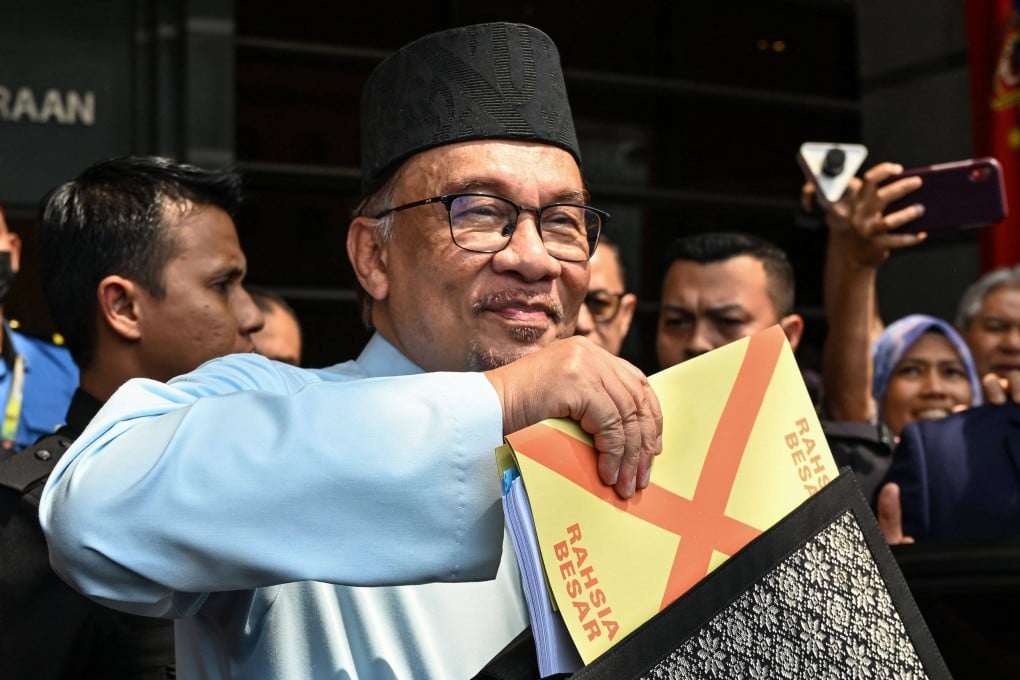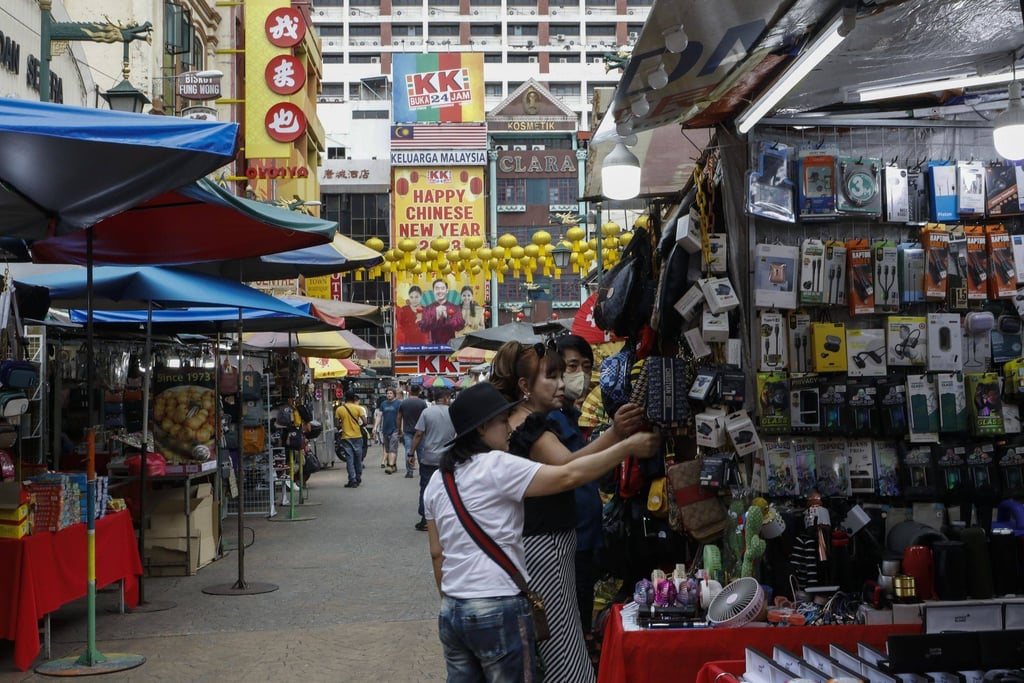Explainer | Winners and losers of Malaysian PM Anwar Ibrahim’s first budget
- Malaysia’s poorest, small businesses as well as middle-income earners are expected to benefit the most from Anwar Ibrahim’s first budget as PM
- Meanwhile, high-income earners and Malaysia’s unregulated electronic cigarette and vaping sector could have the most to gripe about

Winners
Malaysia’s poorest
“Malaysia has advantages in terms of geography, climate and perfect accessibility to support the agricultural sector to continue to grow,” said its minister Rafizi Ramli.
This is alongside the 2.5 billion ringgit the government has set aside for direct cash aid for more than 400,000 recipients.
Small businesses
With the rise of gig workers, particularly in the food delivery sector, the government allocated 330 million ringgit for micro and small businesses with 10 million ringgit earmarked for poor families to start a motorcycle delivery business.
According to government statistics, almost 98 per cent of gig workers in these sectors are young.
The government says it will foot the bill for those eligible to get motorcycle licences, as well as bus, taxi and e-hailing certifications.
This is on top of 40 billion ringgit in loans and assistance under a variety of programmes aimed at the sector.
